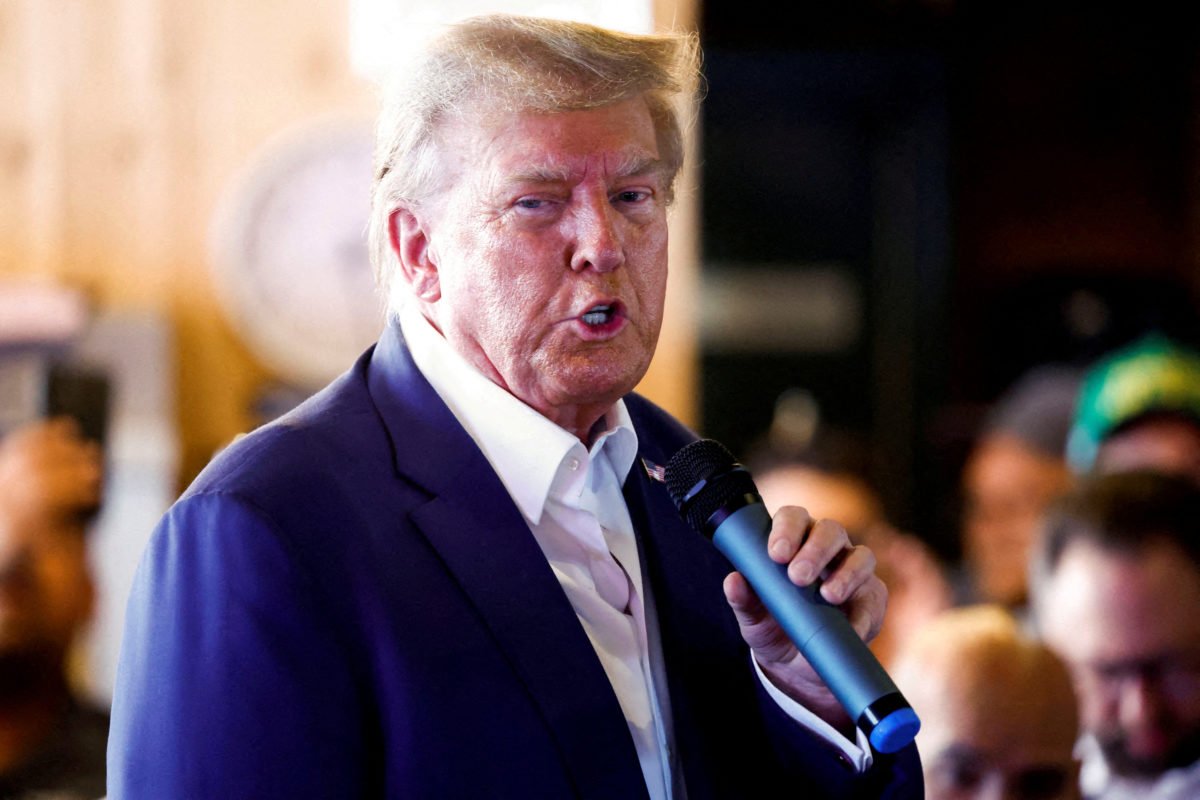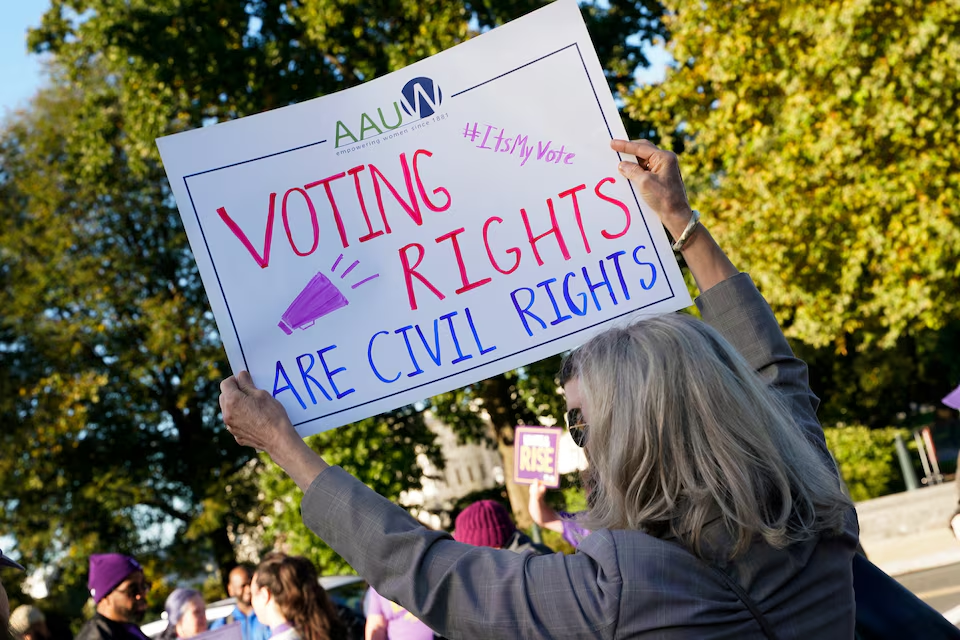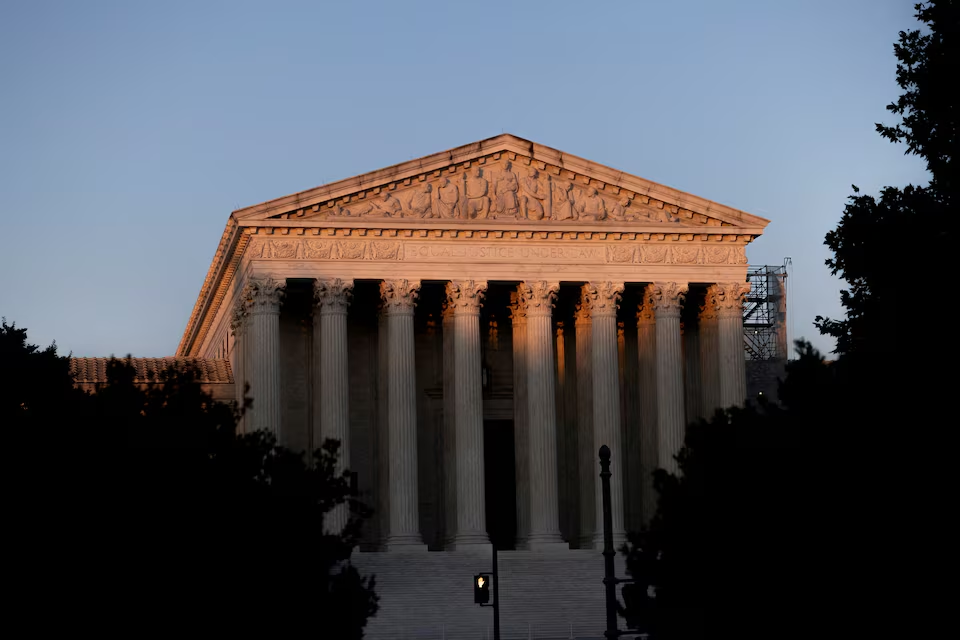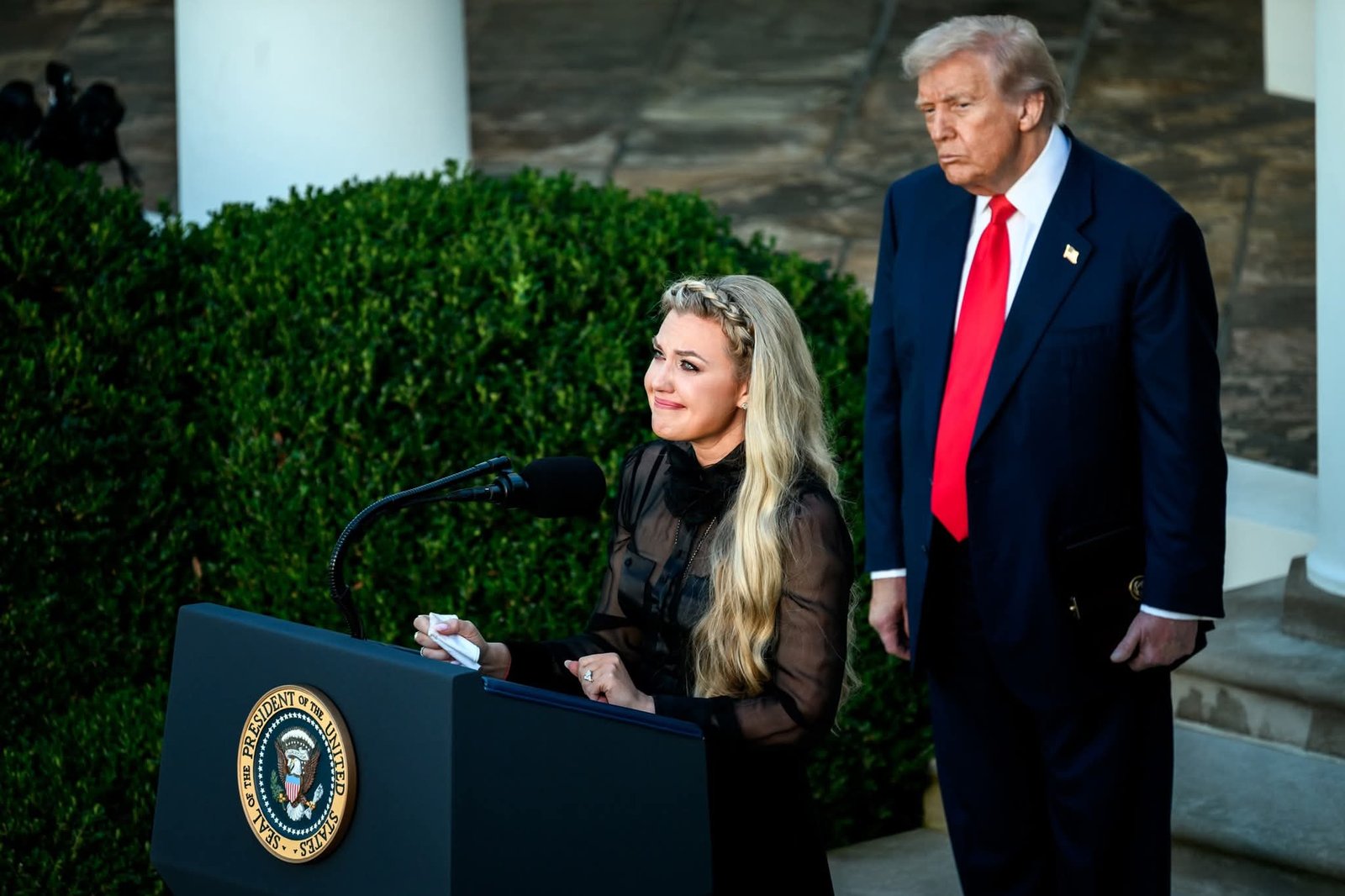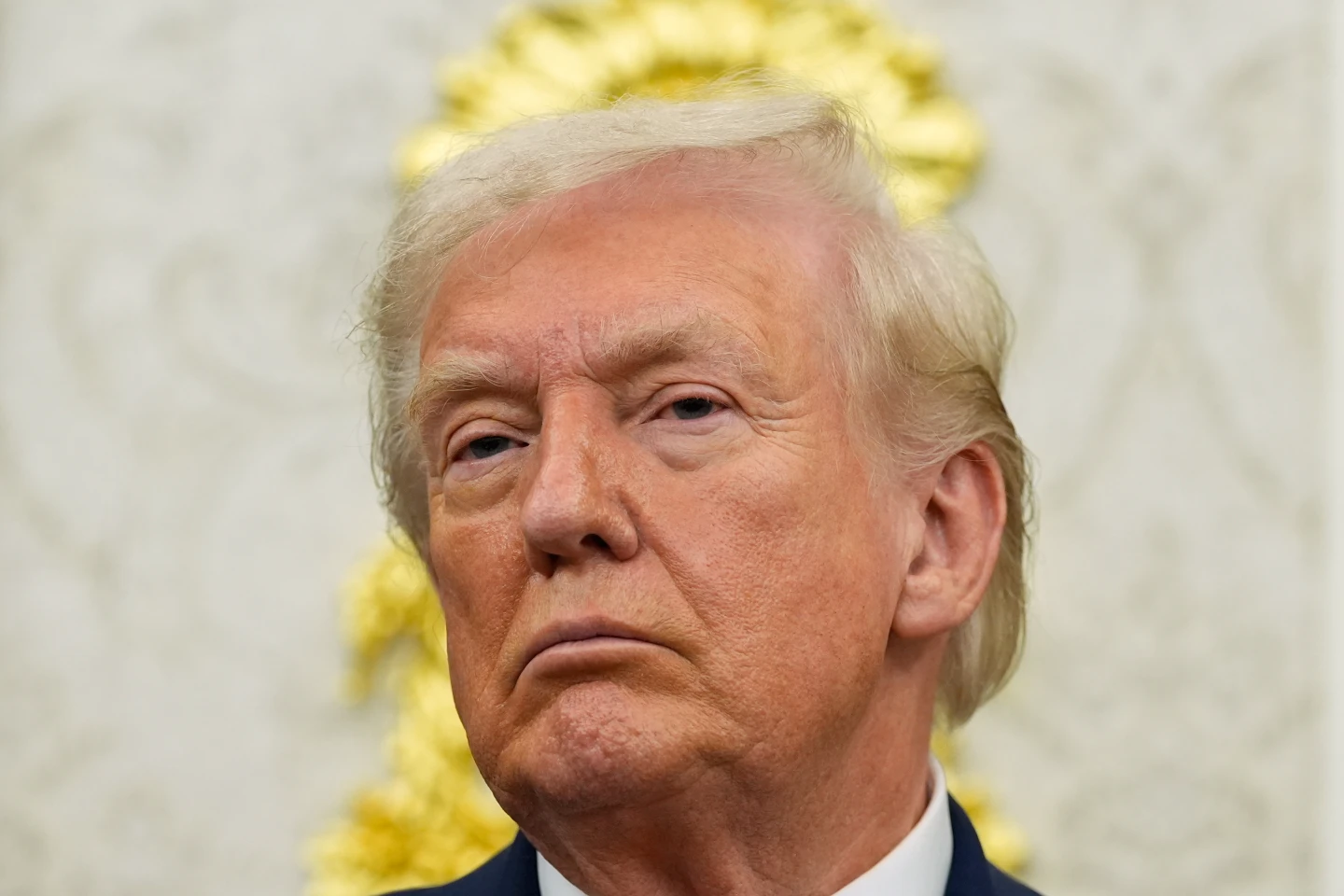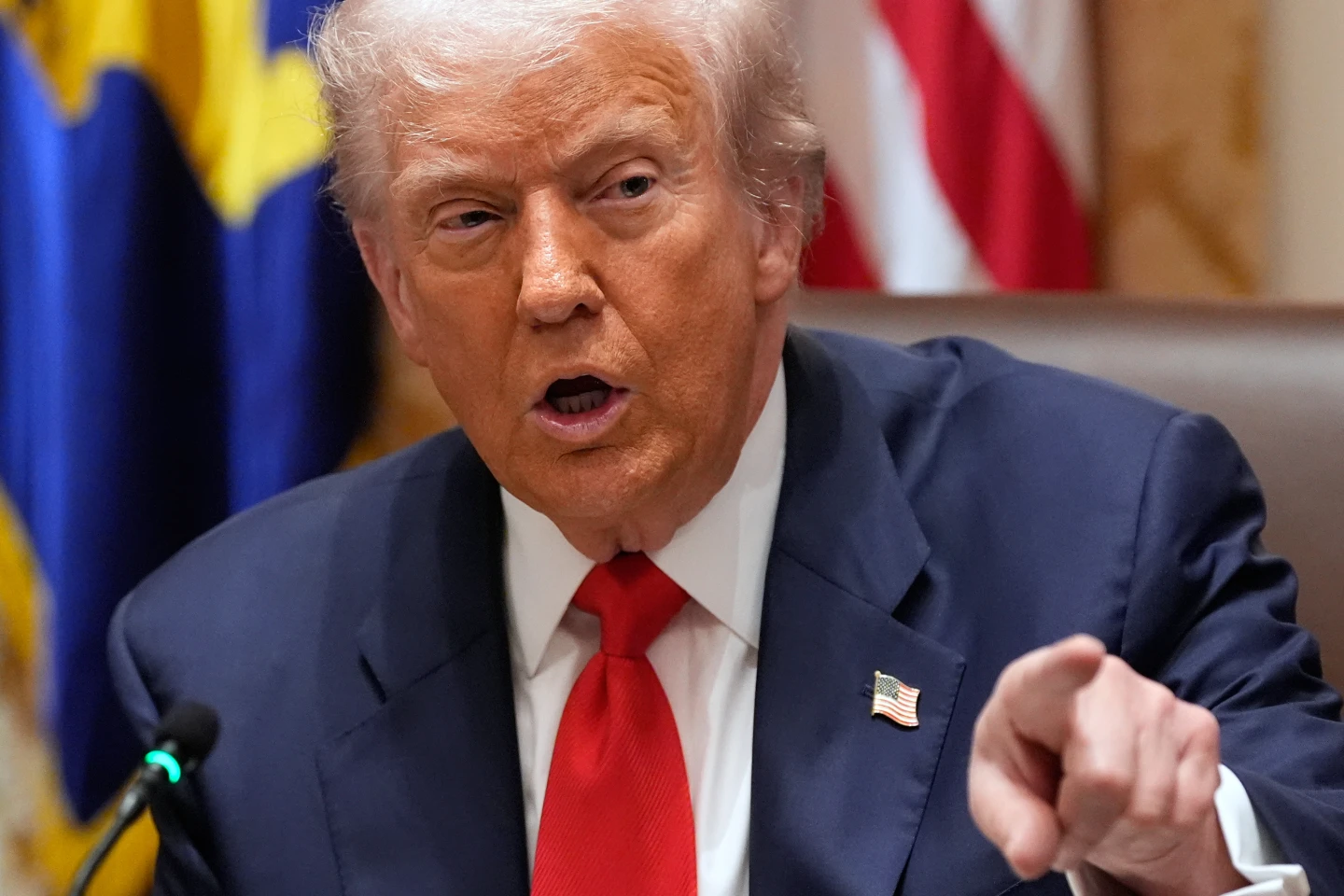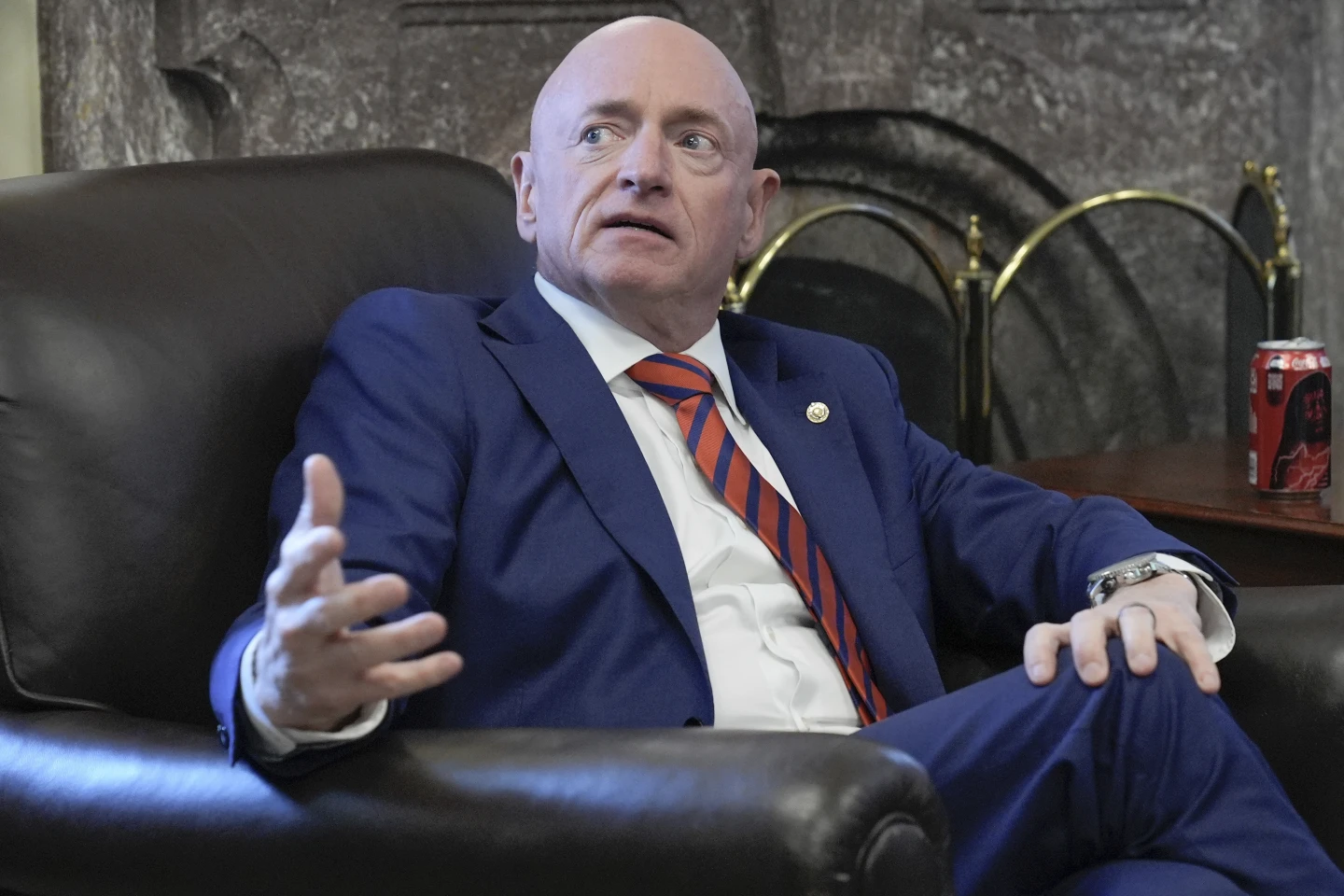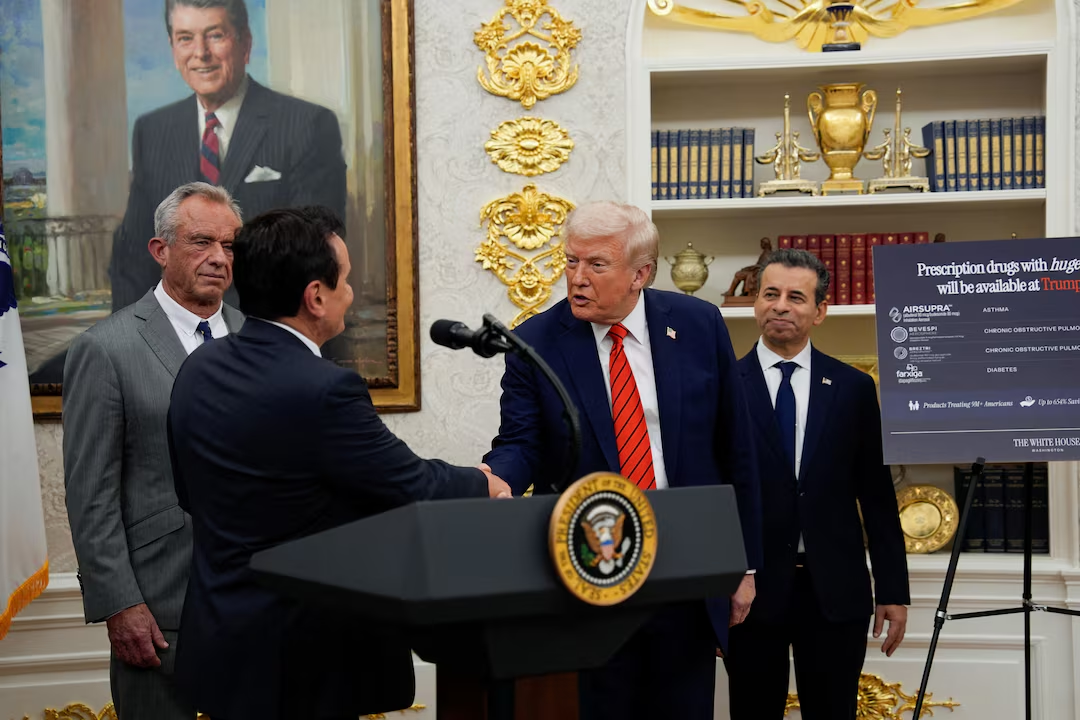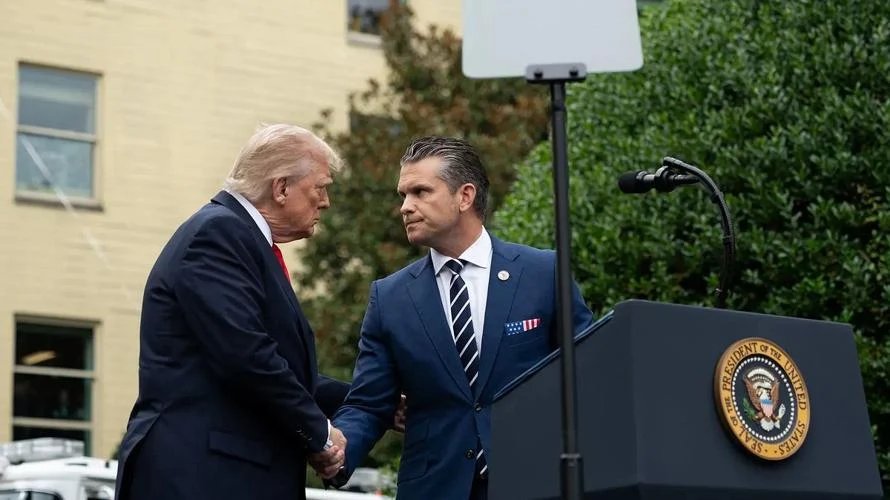With President-elect Donald Trump set to assume office in January 2025, Democratic governors and attorneys general across the United States are gearing up for what they describe as a second wave of resistance. This new phase, dubbed "Resistance 2.0," aims to counter conservative policies expected from the Trump administration, particularly in areas like abortion rights, climate change, and immigration enforcement.
California Leads the Charge
California Governor Gavin Newsom is spearheading efforts to protect progressive policies in the state. On Thursday, Newsom announced a special legislative session later this year to fortify state laws against potential federal rollbacks. In a statement, Newsom declared, "The freedoms we hold dear in California are under attack — and we won’t sit idle."
Trump responded on his Truth Social platform, labeling Newsom as “Newscum” and accusing him of mismanaging California’s economy. Trump also pledged to push for stricter voting laws in the state, including voter ID and proof of citizenship requirements.
Other Democratic States Join the Fight
Governors and attorneys general in other blue states, such as Illinois, New York, and Massachusetts, are also preparing for legal and policy battles. Illinois Governor J.B. Pritzker vowed to protect women traveling to Illinois for abortions and resist Trump’s deportation initiatives. “You come for my people, you come through me,” Pritzker stated.
New York Governor Kathy Hochul and Attorney General Letitia James echoed similar sentiments. Hochul promised not to accept any federal agenda that undermines New Yorkers' rights, while James affirmed her readiness to "fight back again."
Massachusetts Governor Maura Healey, known for her strong stance on immigration, stated that state police would not assist in federal deportation efforts, emphasizing the use of "every tool in the toolbox" to protect state residents.
A More Conciliatory Approach
Not all Democratic governors have adopted a combative tone. Maryland Governor Wes Moore and Michigan Governor Gretchen Whitmer expressed a willingness to collaborate with the Trump administration where possible. Moore emphasized the need for cooperation, given the federal government’s significant role in Maryland’s economy. Whitmer called for unity, hoping Trump would lead inclusively.
Similarly, Pennsylvania Governor Josh Shapiro struck a balanced tone, pledging to defend state freedoms while also advocating for bipartisan governance. Minnesota Governor Tim Walz, the Democratic vice-presidential nominee in 2024, warned against federal overreach but remained open to state-level decision-making.
Lessons from the 2024 Election
The Democratic Party is now in a period of introspection following Vice President Kamala Harris' defeat. Despite losing the presidency, Democrats saw significant victories on policy measures, such as protecting abortion rights and raising the minimum wage in several states.
Kentucky Governor Andy Beshear highlighted the need for Democrats to focus on issues directly affecting voters' lives. “These elections have to be focused on convincing voters that we’re spending 90% of our time on the issues that matter most to them,” Beshear said.
Josh Stein, North Carolina’s governor-elect, underscored the importance of bridging partisan divides. “Good ideas don’t have a home in one party,” Stein remarked, emphasizing the need for Democrats to show they care about issues impacting everyday Americans.
Preparing for 2028
As the Democratic Party looks toward the next presidential election, the actions of governors like Newsom, Pritzker, and Whitmer could shape their political futures. With no clear national leader in sight, the second Trump era offers Democratic officials a platform to showcase their leadership and policy priorities.
The coming years are expected to feature intense legal battles, regulatory pushbacks, and political maneuvering, setting the stage for a highly contested 2028 presidential race.


